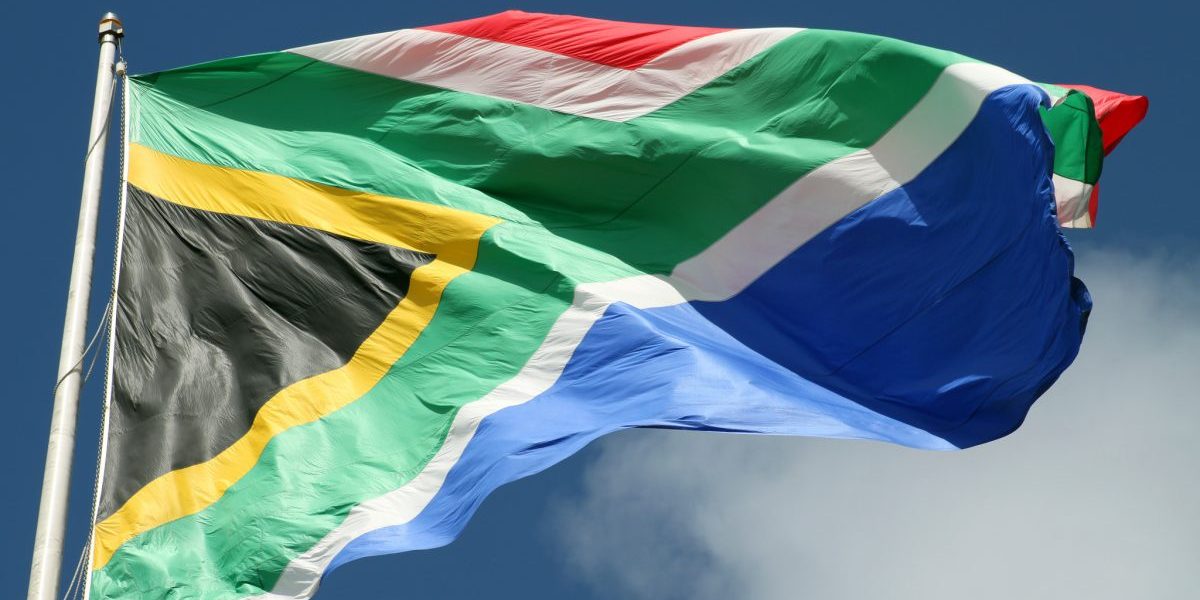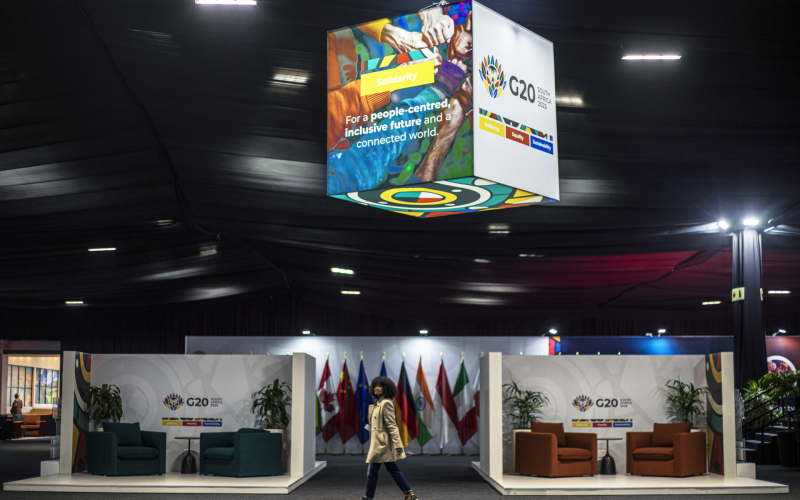This further enhances the country’s weight as Africa’s powerhouse. This membership occurs at a time when global governance is in a sustained state of flux, with no discernible leadership anchorage. As a middle power, and as the only African country represented in these groups, South Africa faces the double challenge of trying to reconcile its own individual interests with the often broadly defined, ‘African interests’ within the G-20 and the BRICS, as well as being able to pursue a strategic approach to issues and taking positions that enhance South African interests.
Such approach demands well-articulated foreign policy objectives on the part of South Africa. Given that all the BRICS members are also members of the G-20, there is also the question of how well South Africa uses its BRICS membership to advance its positions in the G-20. This paper explores the political economy of South Africa’s membership of both the G-20 and the BRICS. South Africa’s approach and positions on major issues such as finance and food security are analysed. Further, the paper looks at the potential linkages between the G-20 and the BRICS in their evolving agenda.








